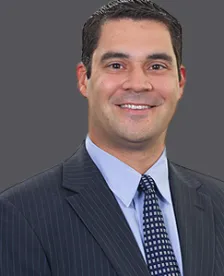The Leroy Collins Institute has published a report that outlines their view of the state’s revenue system and its potential misuse. The report, entitled “Tougher Choices: Shaping Florida’s Future,” builds on a 2005 Institute report which warned that the state’s revenue system was overly reliant on the booming housing market and influx of construction due to rebuilding homes damaged by hurricanes. The 2005 report also stressed a need for health and family services, such as better qualified teachers, health care for children and exemplary higher education.
This recent report, written by Jim Dewey and David Denslow with the Bureau of Economic and Business Research at the University of Florida, illustrates that the recession hit revenues very hard and that the need for improved health care, education and infrastructure is consistently in demand.
The report rather grimly addresses Florida’s steady decrease in availability of middle-wage jobs, experiencing a decline at a rate faster than the rest of the country. Data suggests that the state is falling behind on a number of economic and policy measures relative to other states.
Though the writers of the report realize that they are illustrating a somewhat bleak vision of the future of Florida, they are optimistic that by becoming better informed the legislature will be inclined to adopt measures that can significantly improve the state’s prognosis.
Some companies have already taken steps to diversify the revenue system in Florida by being part of initiatives to improve public transportation—such as the public-private partnership undertaken by the Miami Metrorail in developing the Overtown station, and AnsaldoBreda’s contract award for 136 Heavy Rail cars.





 />i
/>i
